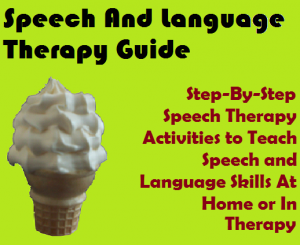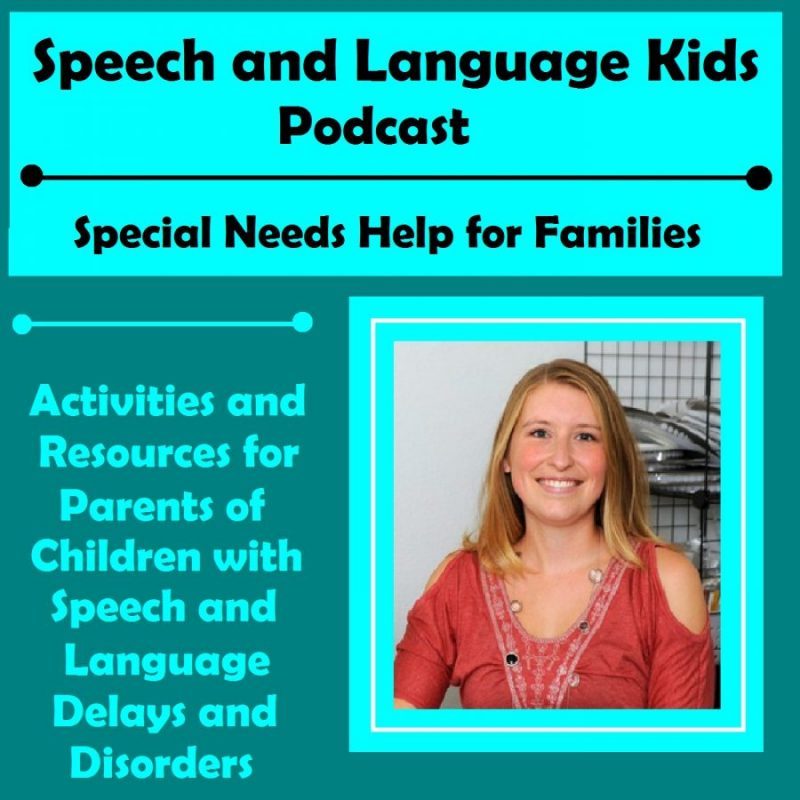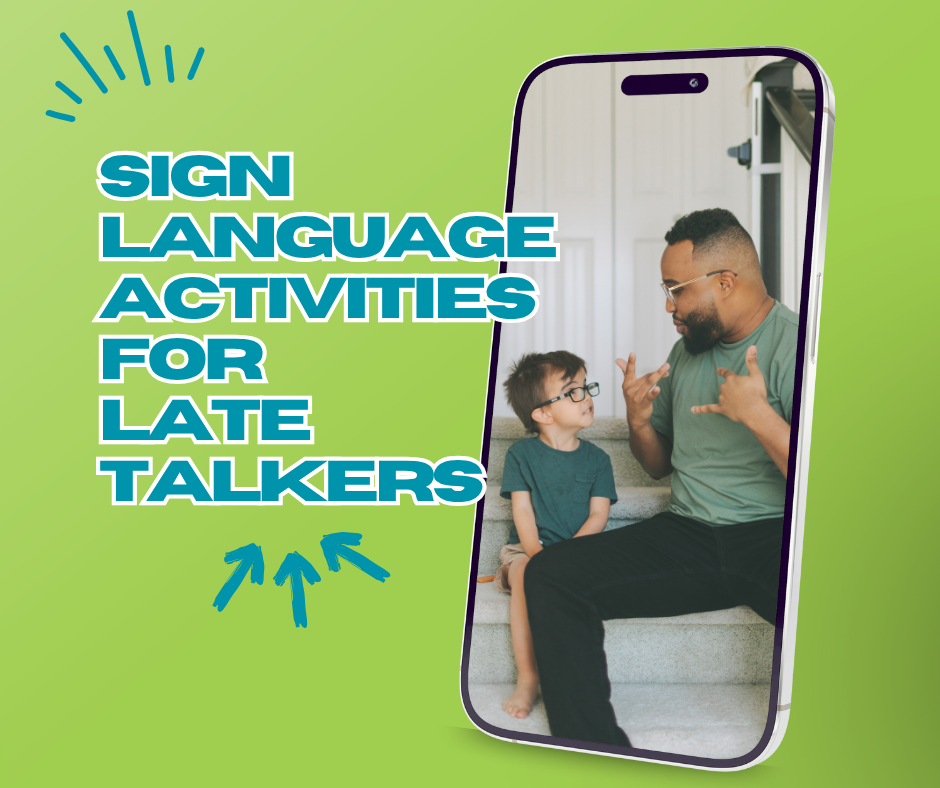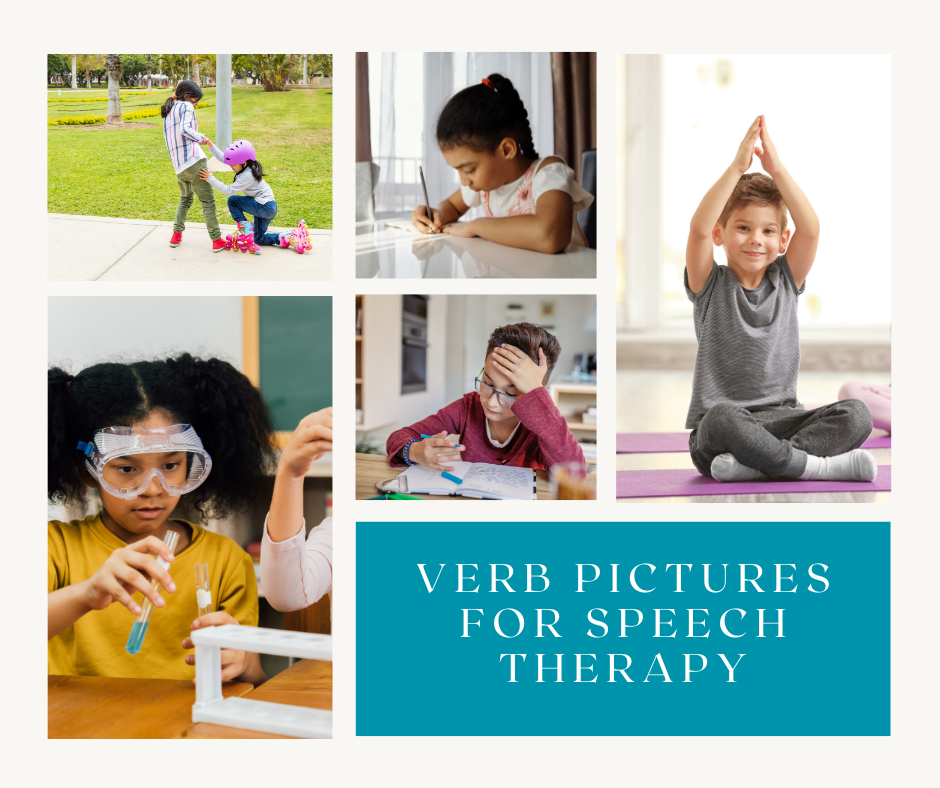Welcome to the IEP and Caseload Resource Page! This page is all about helping you understand and navigate IEPs (as a parent or speech therapist) and manage your therapy sessions and caseloads.
SLPs, you will find valuable information about making your job easier.
Parents, you will find great information about working with your child’s school and managing your speech therapy sessions at home.
What is an IEP Plan?
IEP stands for Individualized Education Plan. This plan is something that a school and parent creates to describe how a child with an identified delay or disability will receive services at school. The following things are generally included in an IEP:
- What therapies a child needs
- Why the child needs those therapies
- What goals the child will work on during the upcoming year
- How the child is currently performing on those goals
- How much therapy time the child will receive to work on those goals
- What the rest of the child’s education will look like (how much time in the regular education classroom)
- Any additional services the child may need, such as special bussing
For more detailed information, check out this podcast episode:
Parent Rights in the IEP Process
The Definitive Guide to IEP Goals: For the Professionals Who Write them and the Parents who Read Them
How Do Parent-Teacher Conferences Work for Children with Speech Therapy
You can request that your child’s speech therapist attend your child’s parent-teacher conferences. Here are some tips for having a successful parent-teacher conference with your child’s speech-language pathologist:
Parent-Teacher Conferences with Speech Therapists
How Long Should Speech Therapy Sessions Last?
Each child is different and some children will benefit from longer or shorter speech therapy sessions, but this podcast discusses some of my recommendations on how long your speech therapy sessions should last at school or at home:
5-Minute Speech Therapy? How Long Should Your Sessions Last?
Where Can I Find Lesson Plans for Speech Therapy?
It is often difficult to know exactly how to teach a speech or language skill. You may also find that the child is tiring of one approach and you need some fresh ideas. This e-book that I created is packed full of fantastic step-by-step lesson plans for 39 different speech and language skills.
Each lesson plan will take you through the various steps of teaching that skill. It includes practical activities as well as worksheets and handouts for each step. It will also help you determine which skills to start on first with a child.
For more information, click below:
 Speech and Language Therapy Guide
Speech and Language Therapy Guide
Where Can I Find Free Materials??
So glad you asked! 🙂 I have a whole page of free speech therapy materials! Head on over and check it out:
How Can I Make Speech Therapy More Fun?
Browse All IEP-Related Articles:
How to Teach Irregular Plural Nouns
How to Help a Child Use Irregular Plural Nouns Most of the time in the English language, when we want to say that there is more than one of something, we just add
Answering Questions: Podcast 13
In this episode of the Speech and Language Kids Podcast, I'm going to give you a step by step guide to helping your child with answering questions. And in the quick tip, I'll tell
Sign Language Activities for Late Talkers
Sign Language Activities for Late Talkers When a child is late to talk, sign language can bridge the gap. Having a backup method of communicating (with their hands) can help reduce frustration until their
Child/Baby not Responding To Name: How Can We Help?
Baby/Child Not Responding to Name: What to Do By the time a child reaches their first birthday, they should be able to respond to their name by looking at whoever said it. But
Verb Pictures for Speech Therapy ~ How to Teach Action Words
Verb Pictures for Speech Therapy ~ How to Teach Action Words When children are learning their first words, they need a combination of nouns, verbs, and other word types. Teaching action words is a
How to Get Your Child to Respond To Voices
Photo Courtesy of Stuart Miles - FreeDigitalPhotos.net One of the earliest pre-requisites for developing communication skills is that the baby is able to respond to sound and/or voice. For most children, this skill








